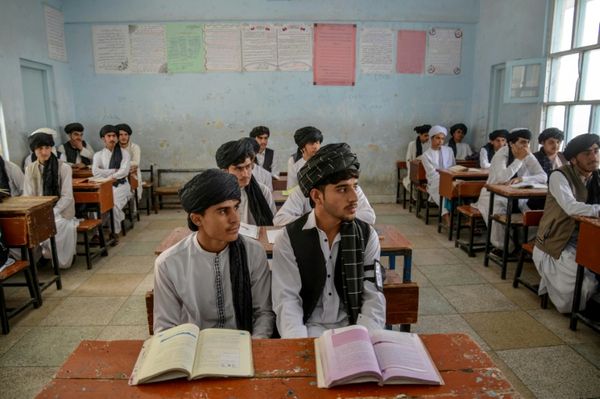The Scottish Football Association are set to introduce new rules which prohibit transgender players from taking part in the women’s game.
In a landmark ruling the UK Supreme Court recently stated that, for the purposes of the Equality Act 2010, the legal definition of a woman is based solely on biological sex.
The board of the SFA met to consider the implications of the ruling on Thursday. Following a lengthy review into the fairness and safety of male-to-female transgender footballers, they reached a decision to ban transgender players from competitive girls’ and women’s football under their jurisdiction from next season.
The association’s Equality, Diversity and Inclusion department will issue guidelines to the Scottish Youth FA, Scottish Women’s Football and the Scottish Women’s Premier League on the application of the new policy, together with opportunities for transgender players who wish to continue playing, ahead of the new rules kicking in. Biological girls currently playing in mixed football teams can continue to do so until the age of 15.
For Women Scotland, the grassroots womens’ group who challenged the Scottish Government’s interpretation of the 2010 Equality Act, recently wrote to a number of sports governing bodies – including the SFA – calling for a review of transgender policies after the Supreme Court judgement.
Praising the Scottish FA for ‘leading the world’ Alison Weir, spokeswoman for For Women Scotland urged other football bodies to take their lead from Hampden saying: “This is fantastic news for women and girls in Scotland. The Scottish Football Association is leading the world in ensuring fair and safe sport for its female players from grass roots through to International level. We applaud this policy change and hope that the remaining home nations and FIFA swiftly follow suit.”
Current rules in England and Scotland allow transgender footballers to play women’s football if they can prove that hormone therapy has brought their testosterone levels within the range of their affirmed gender.
In June 2023 the SFA canvassed the views of Scotland’s female footballers on transgender participation, with players from the national women’s team, Scottish Women’s Premier League and Scottish Women’s Football surveyed on the impact of trans players on the sport.
And, while the English FA recently introduced new half measures allowing transgender players to take part in the women’s game on a case by case basis, senior figures within Hampden believe the Supreme Court ruling offers decisive clarity on a divisive issue.
Guidelines issued by the UK Sports Councils in 2021 state that male-to-female transgender athletes who have gone through male puberty retain physical advantages when competing against biological females, stating that there are “retained differences in strength, stamina and physique between the average woman compared with the average transgender women or non-binary person registered male at birth.”
World Athletics, World Aquatics, World Rugby and the International Cricket Council are among the international governing bodies which have banned women from competing in the female category at international events.
In the UK, British Cycling, the Rugby Football Union and UK Athletics have also imposed a ban while Scottish Rugby Union (SRU) announced an end to transgender women participating in female contact rugby following a lengthy review.
Only players recorded as female at birth are now allowed to play contact rugby in the women’s category, with the policy due to be reviewed each year if new scientific data and research becomes available.







